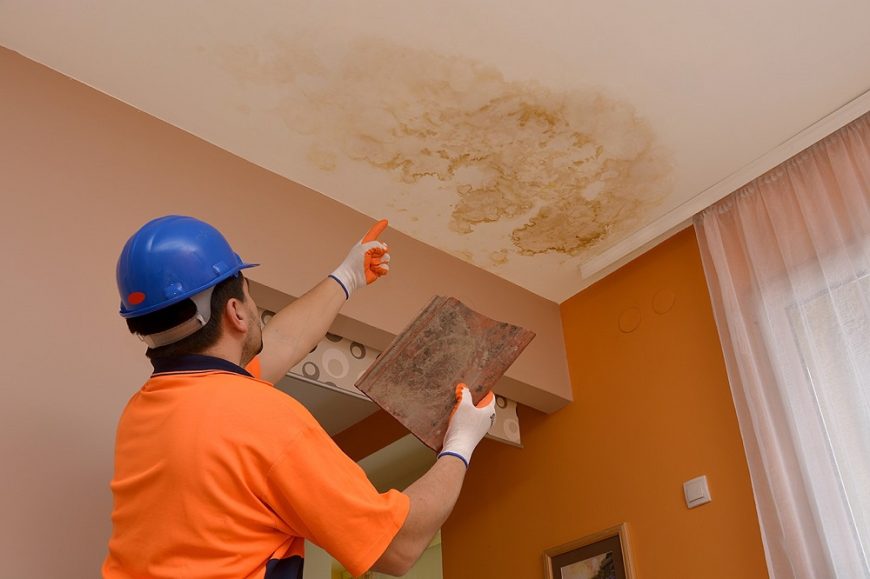When it comes to grooming, there are few experiences as luxurious and indulgent as a professional straight razor shave. This traditional form of shaving has been practiced for centuries and offers a level of precision and closeness that simply cannot be achieved with modern electric razors or disposable blades. Whether you are a gentleman looking to elevate your grooming routine or simply seeking a little pampering, a professional straight razor shave is an experience not to be missed.
A professional straight razor shave goes beyond the simple act of removing facial hair. It is a ritual that requires skill, precision, and an understanding of the art of barbering. From the moment you enter the barbershop and settle into the plush leather chair, you are transported to a time when grooming was an art form. The warm towels, soothing aromas, and expert hands of a skilled barber working their magic on your face create an experience that is both invigorating and relaxing. The sharp blade glides across your skin with effortless ease, leaving behind smooth, soft skin that feels refreshed and rejuvenated. If you have never experienced the pleasure of a professional straight razor shave, it is truly an indulgence worth treating yourself to.
The Art of Barbering
A professional straight razor shave is more than just a grooming experience; it is a true work of art. The barbers who specialize in this ancient technique have honed their skills over years of practice, ensuring that each stroke of the blade is precise and gentle. As you recline in the comfortable leather chair, your barber will begin the ritual by preparing your skin with warm towels and soothing aromas. This moment of relaxation sets the stage for the expert hands to work their magic.
The sound of the blade gliding across your skin is both soothing and invigorating. Each stroke is deliberate and calculated, removing hair with finesse and leaving behind only smoothness. The professional straight razor shaves is truly an art form, as the barber must navigate the contours of your face and neck with precision. Every movement is made with purpose, creating a symphony of skill and technique.
The final part:
A professional straight razor shave is a testament to the dedication and expertise of the barber. The careful attention to detail, the mastery of technique, and the commitment to creating a comfortable and luxurious experience all contribute to the artistry of this grooming ritual. When you emerge from the barbershop chair, your face smooth and refreshed, you will have not only achieved a perfectly groomed appearance but also experienced a moment of indulgence and relaxation. The professional straight razor shave is a time-honored tradition that continues to exemplify the elegance and sophistication of true barbering.

